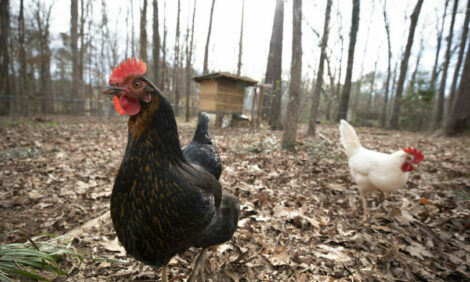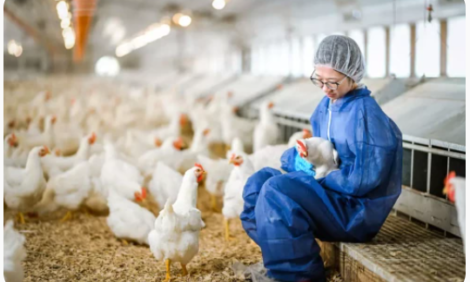



Proposed legislation in the Czech Republic to boost domestic food in supermarkets could clash with EU
Czech lawmakers have approved legislation that requires shops to sell mainly domestically made food to benefit Czech farmers, but the law could face pushback from EU economic rules.Reuters reports that the bill potentially puts the Czech Republic on a collision course with the European Commission over EU single market rules.
The measure stipulates that shops larger than 400 square metres must as of next year offer at least 55 percent of items that can be locally produced like fruit, vegetables, milk or meat. The proportion would rise gradually to 73 percent in 2028.


The quotas are a part of a bill aimed at preventing double standards in food, an issue that some formerly communist eastern members of the European Union have pursued for years, contending that inferior food products unwanted by consumers in richer western EU states were being sold in poorer eastern markets.
"Let's be nationalists a bit when it comes to food, Czech agriculture and our country," Agriculture Minister Miroslav Toman told parliament with respect to the legislation, which still must pass parliament's upper house.
Opponents said quotas would give windfall profits to large domestic producers, raise prices, cause shortages and violate EU internal market rules which could lead to sanctions.
"This proposal goes straight against the (EU) free market principles," opposition Pirate Party lawmaker Radek Holomcik said in the debate.
The European Commission said it would analyse the legislation once fully adopted, but indicated that it was not welcome.
"Free movement of agricultural products throughout the internal market is essential to ensure food security throughout the Union, and...local restrictions of whatever type are counterproductive," the EU executive said via a spokesperson.


One of the Czech Republic's largest food producers is Agrofert, a conglomerate including farming, chemicals, food processing and media firms that was owned by Prime Minister Andrej Babis until he placed it into trust funds in 2017. The EU has determined he remains in indirect control of the trust.
Babis was not present for the 20 January vote and told Reuters he was against the legislation.
"Some lawmakers believe this is a favourable step towards Czech farmers, but they are wrong, unfortunately. If the change were to take effect, it would mean palpable sanctions," he said.
All but one of his party's lawmakers approved the bill.
Ambassadors of eight EU countries, including Germany and France, warned against adopting the bill in a letter sent to lawmakers, Hospodarske Noviny daily paper reported.










